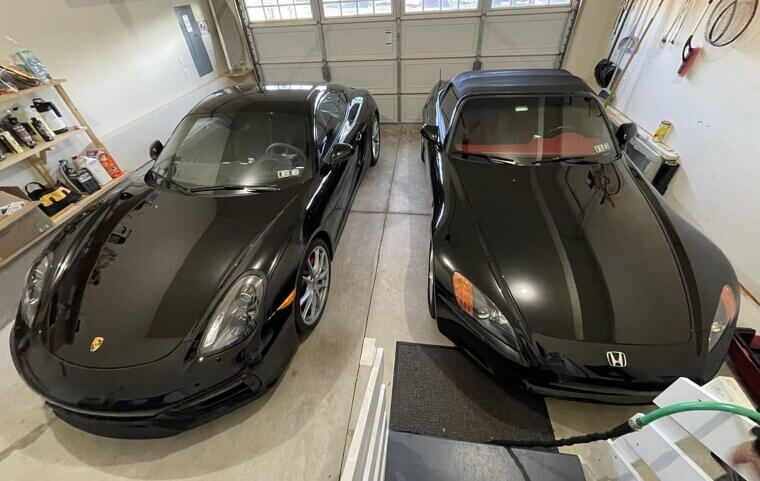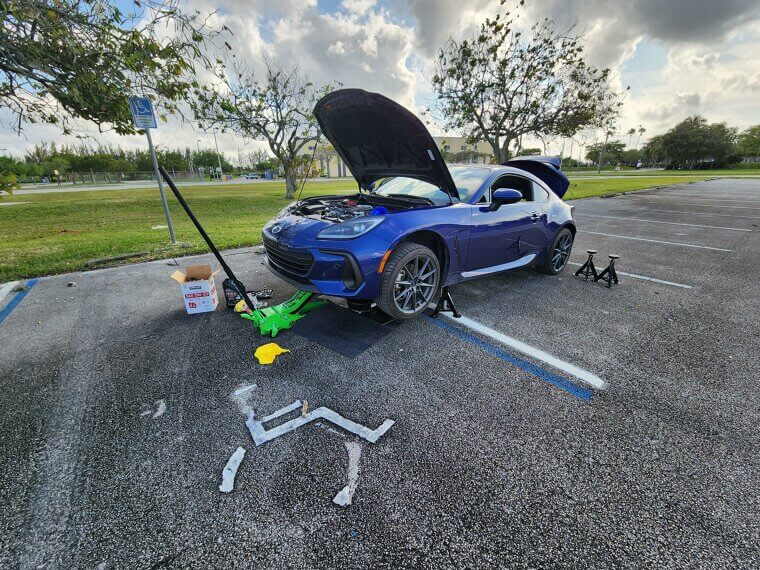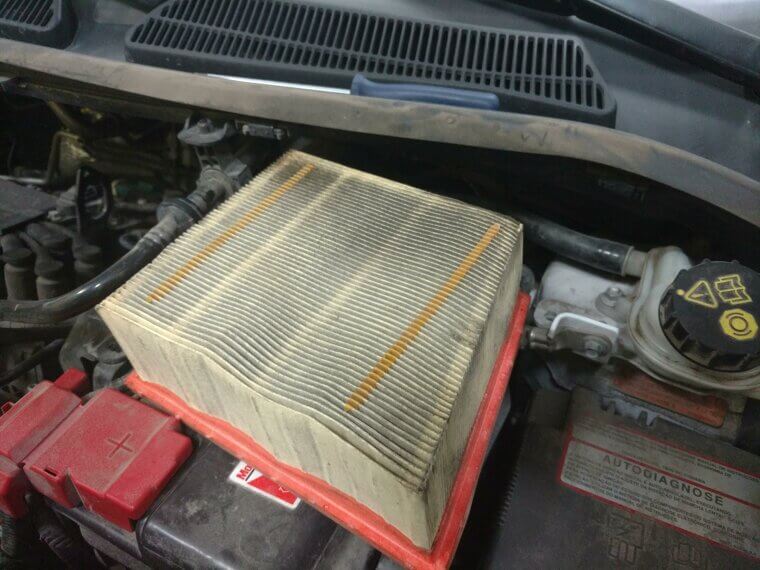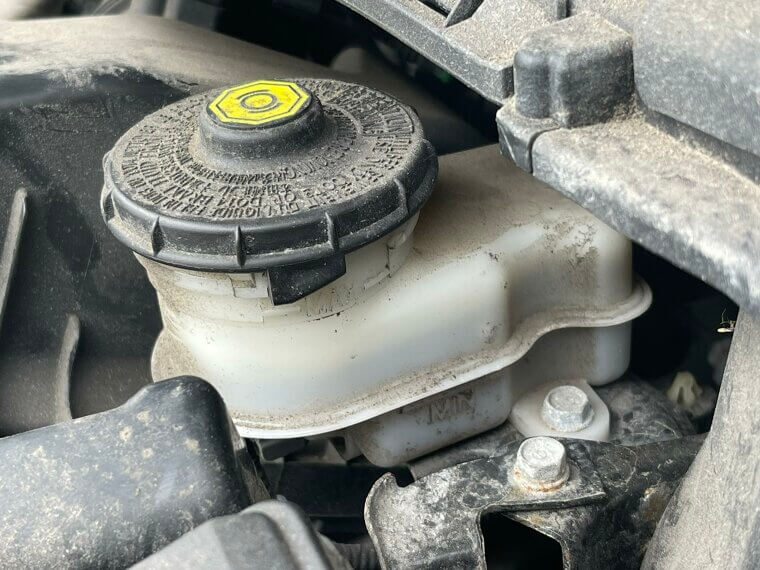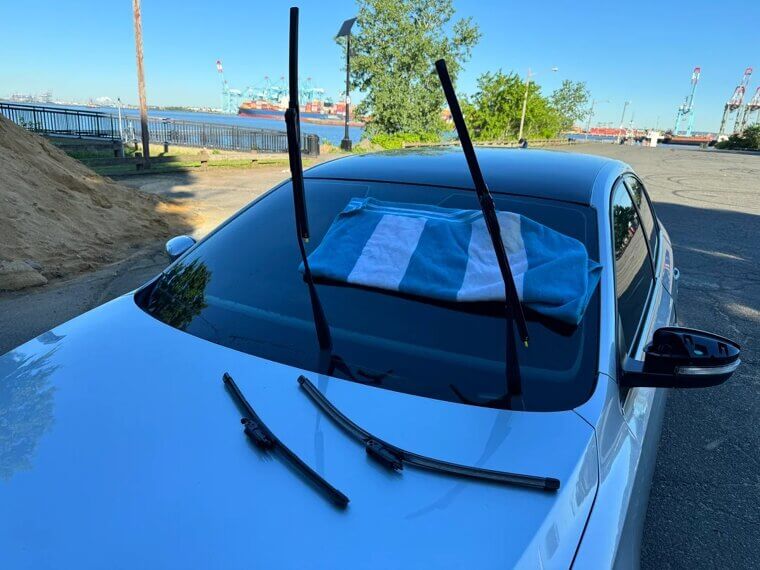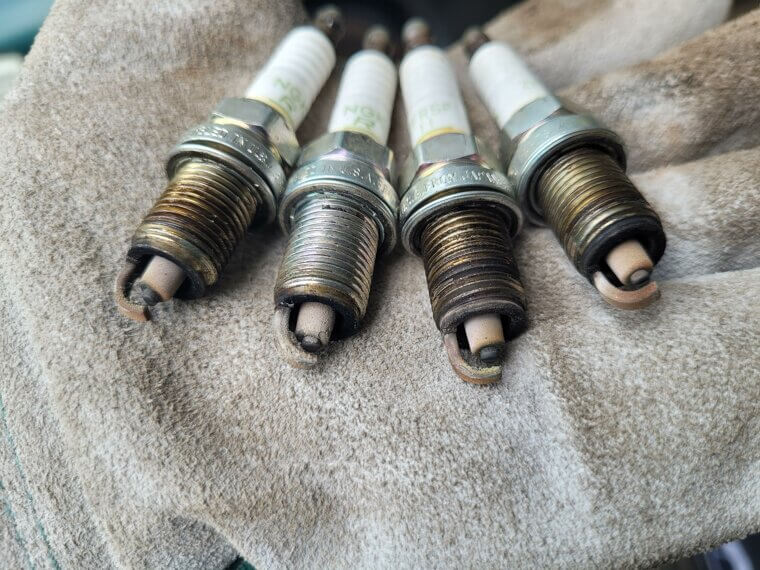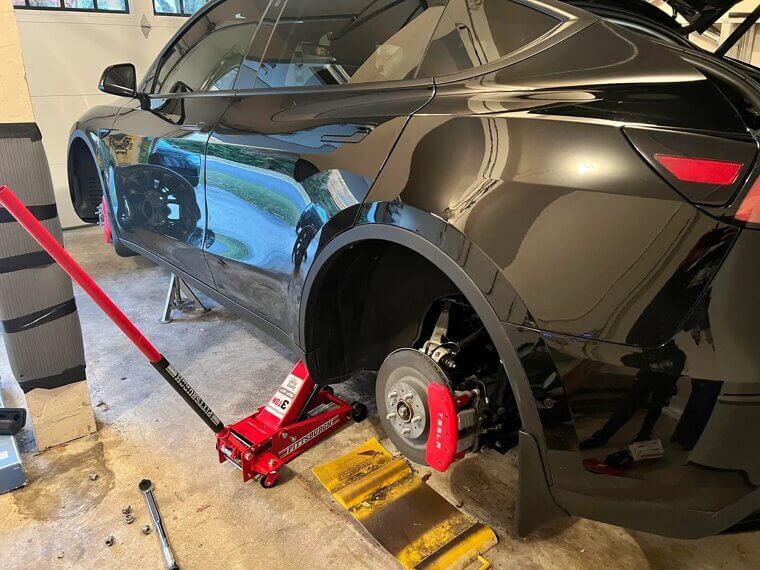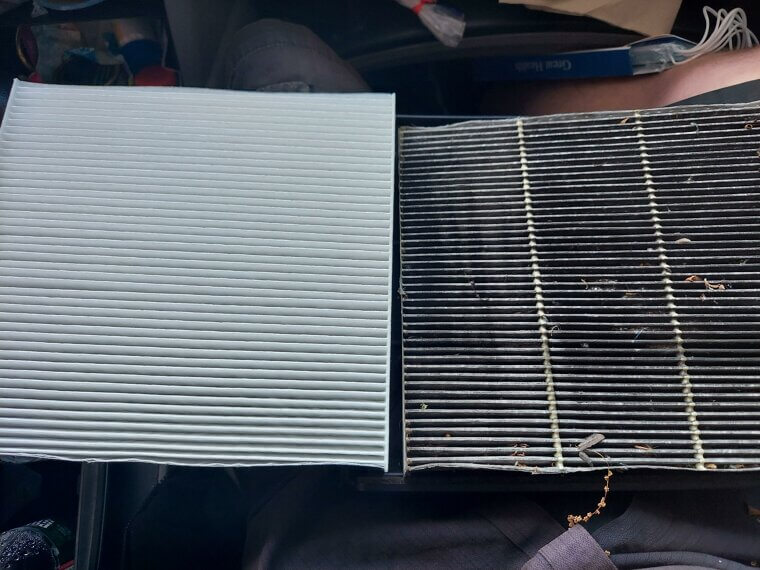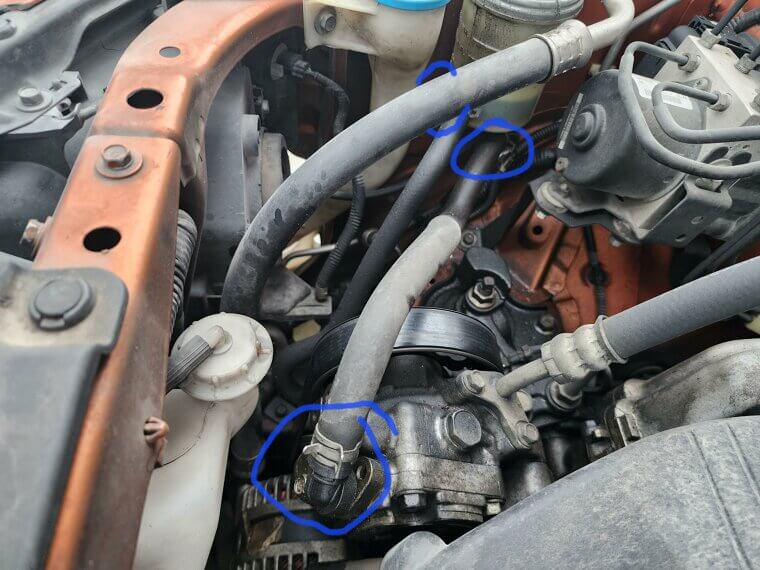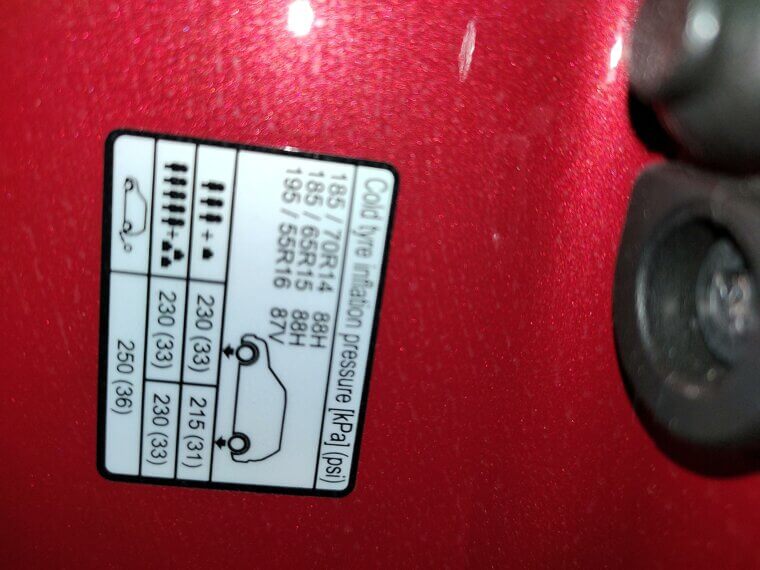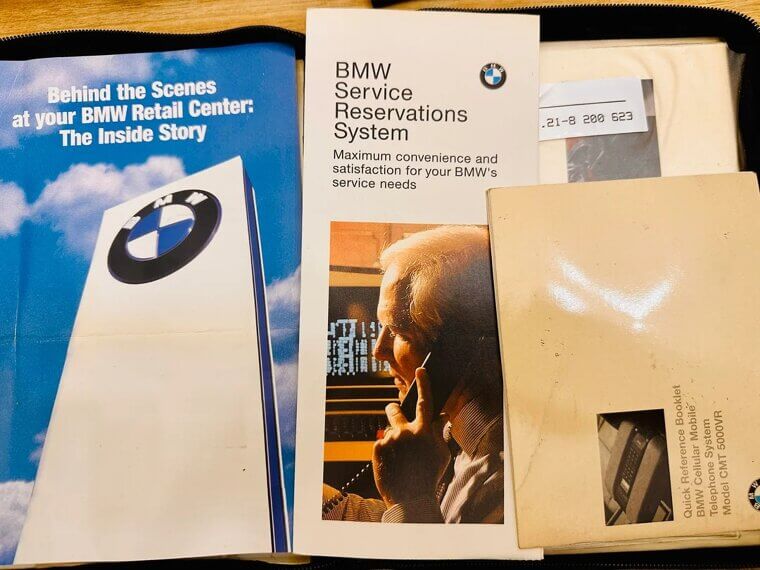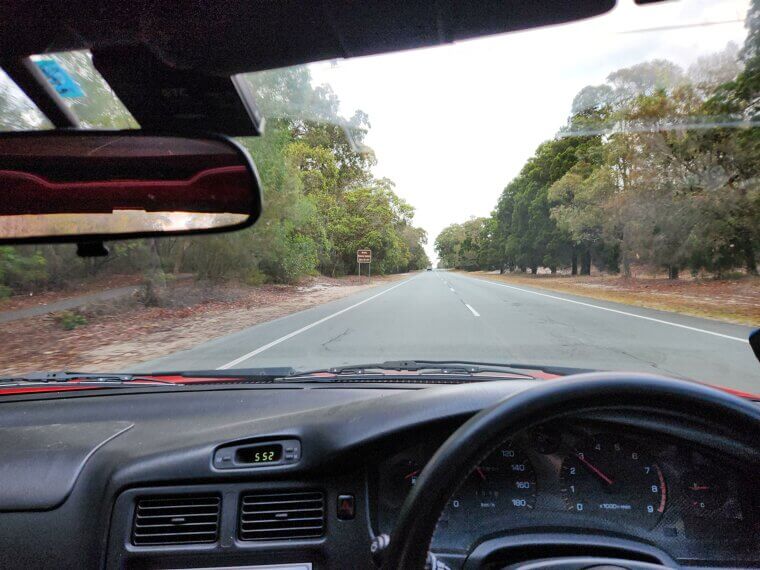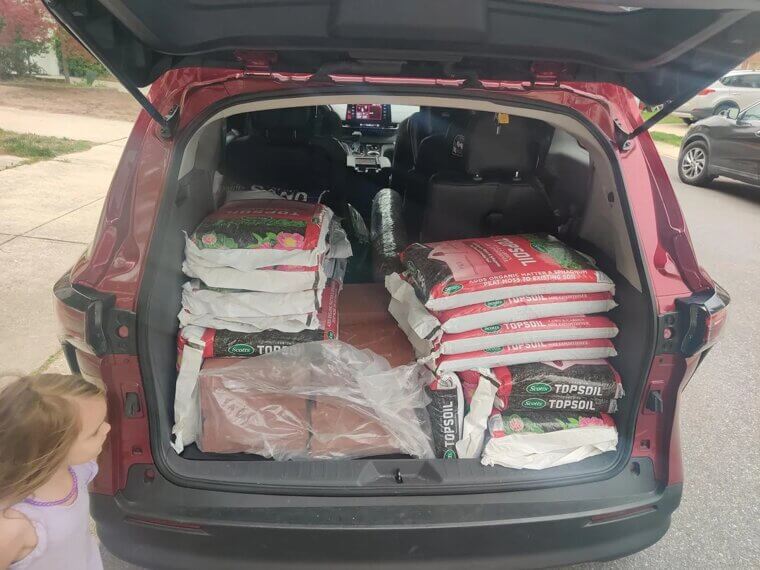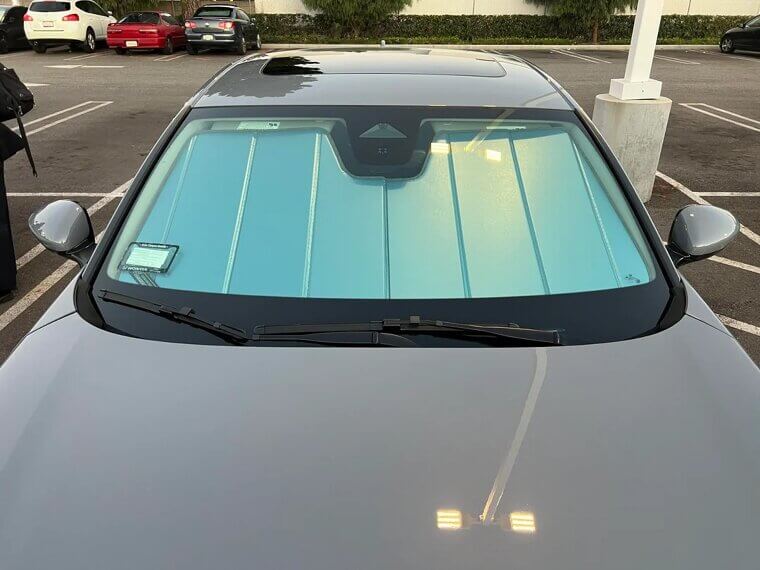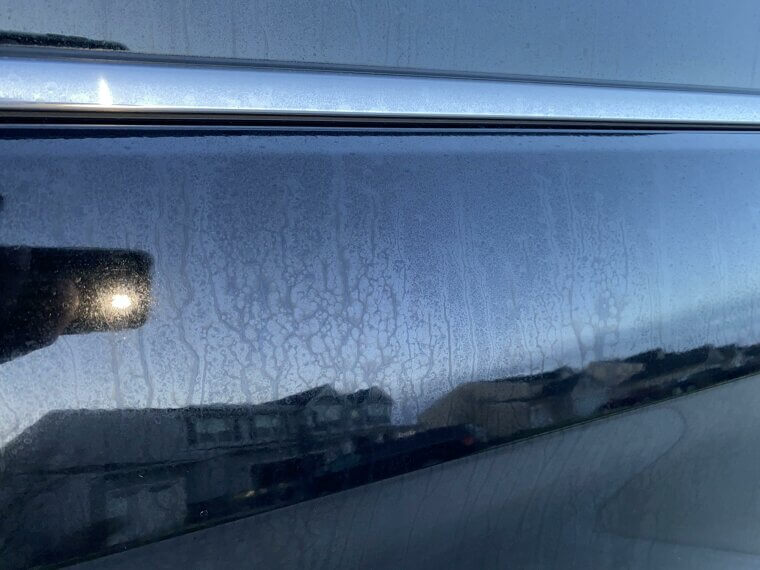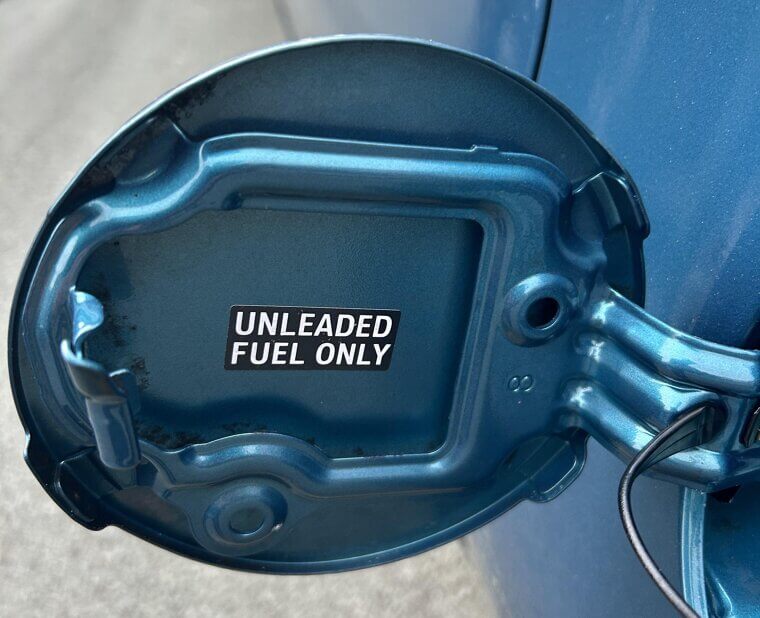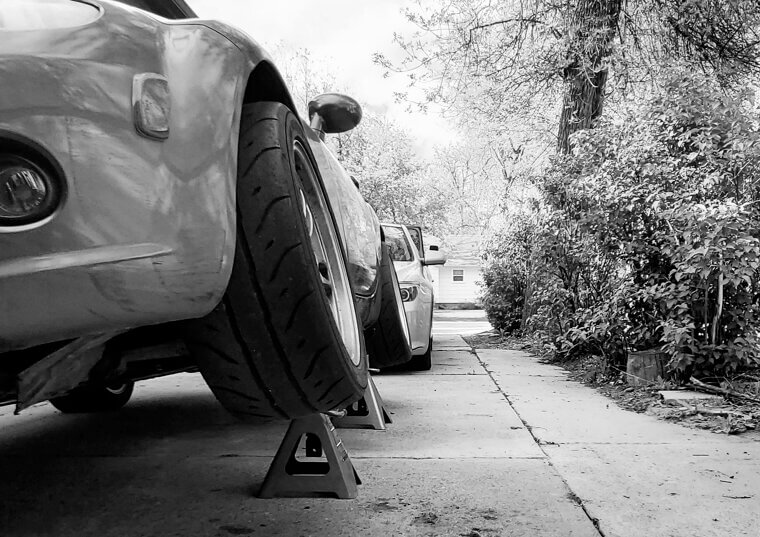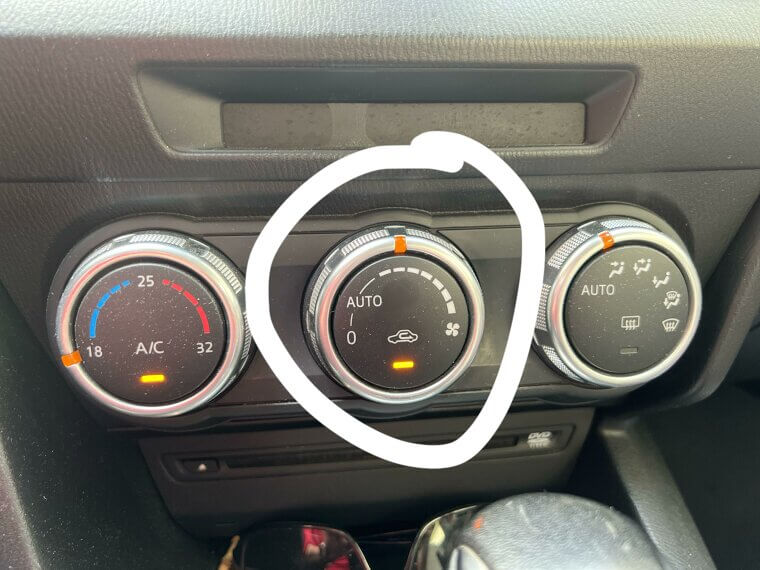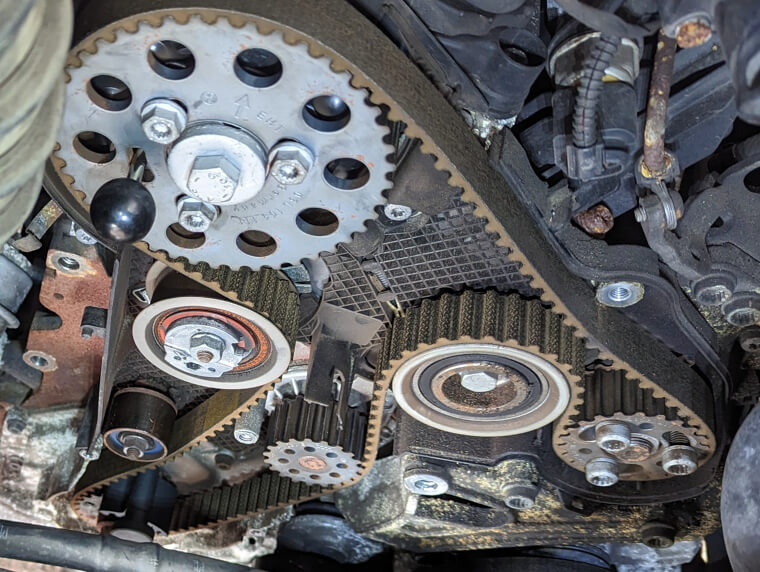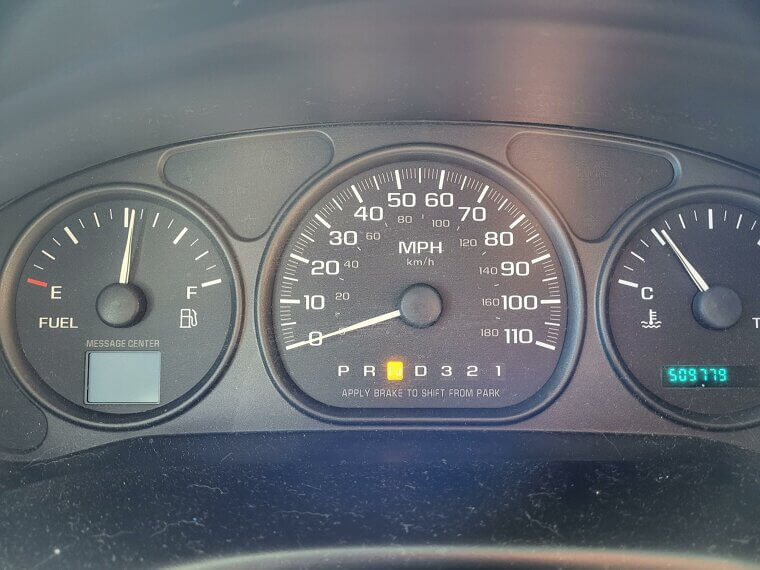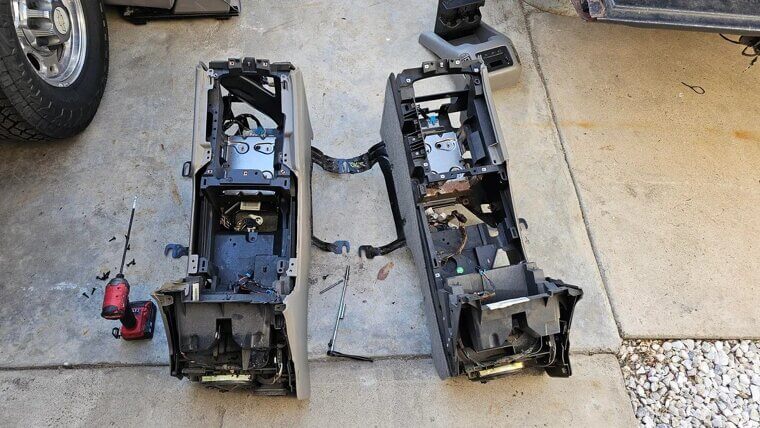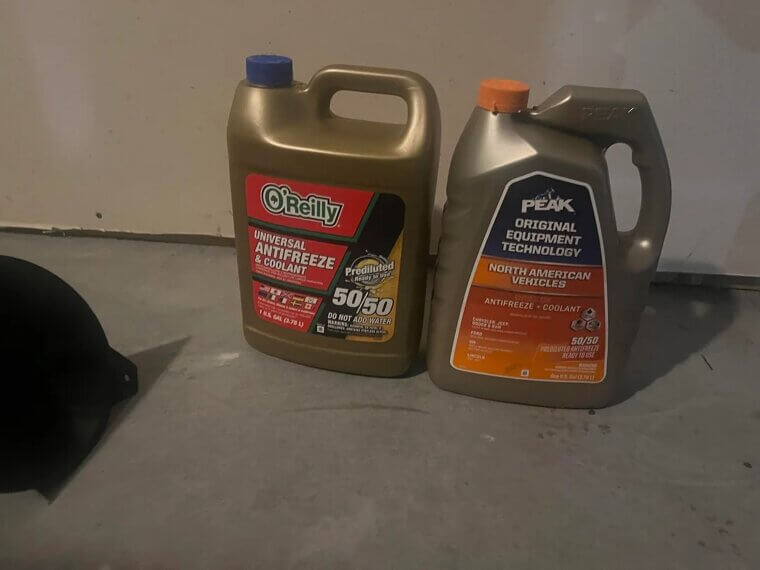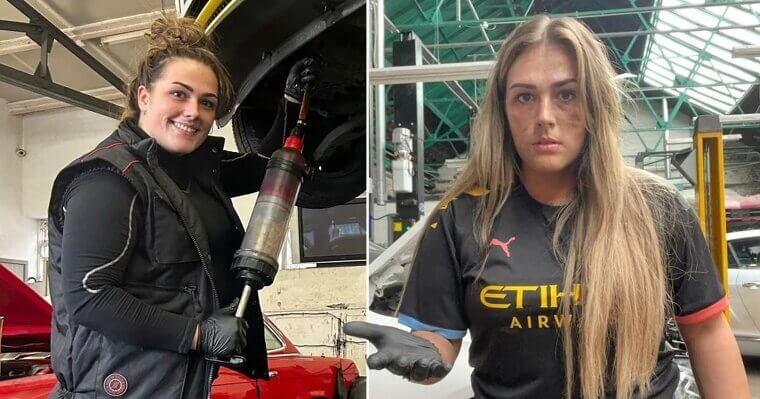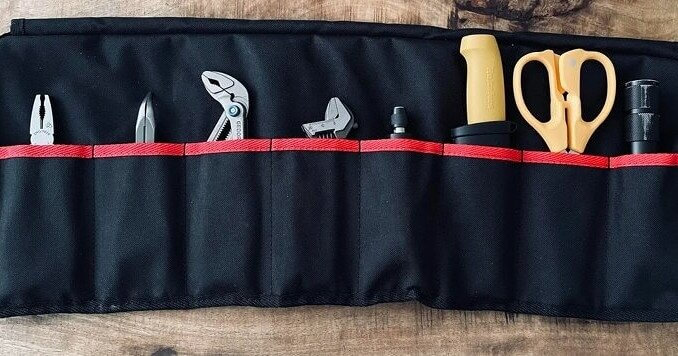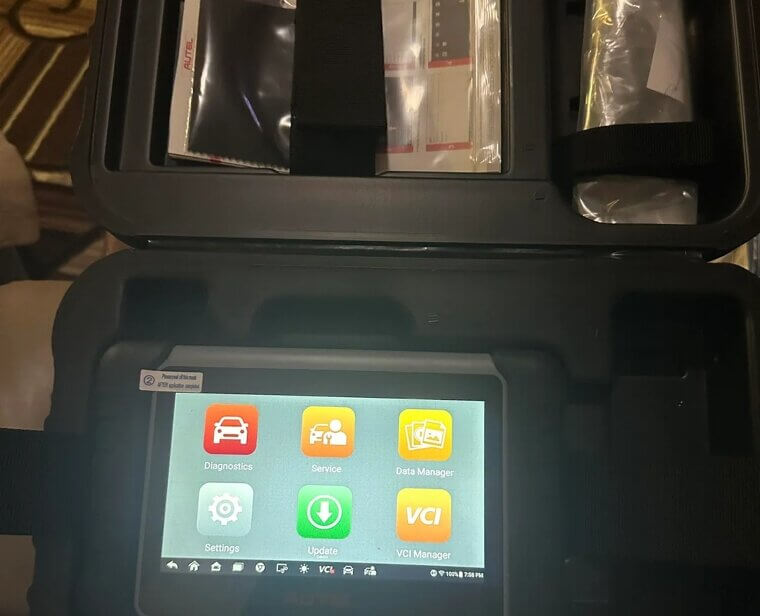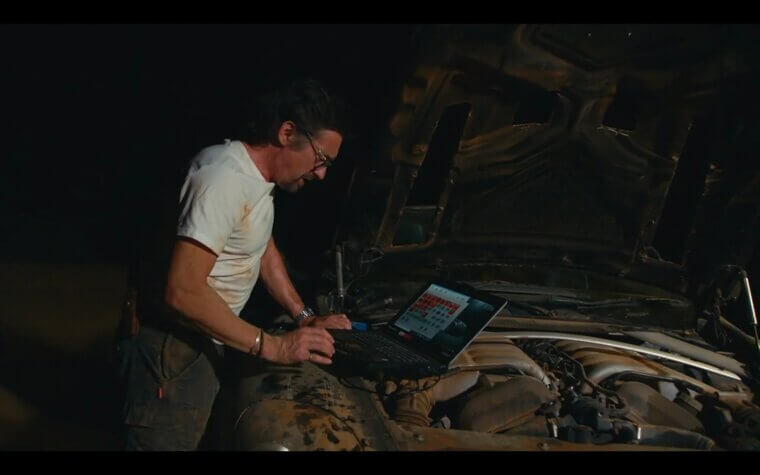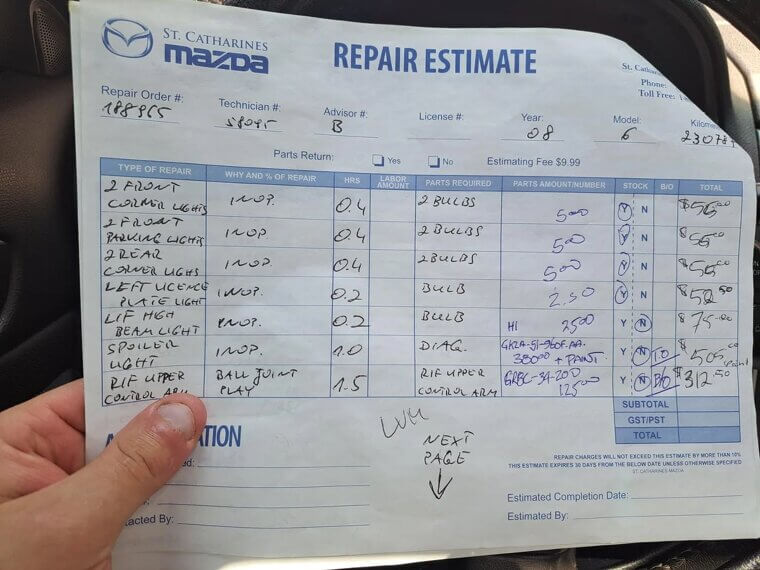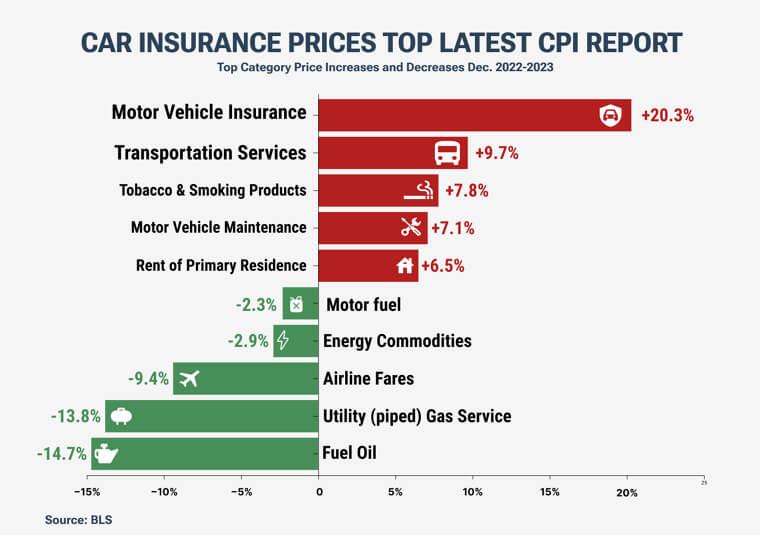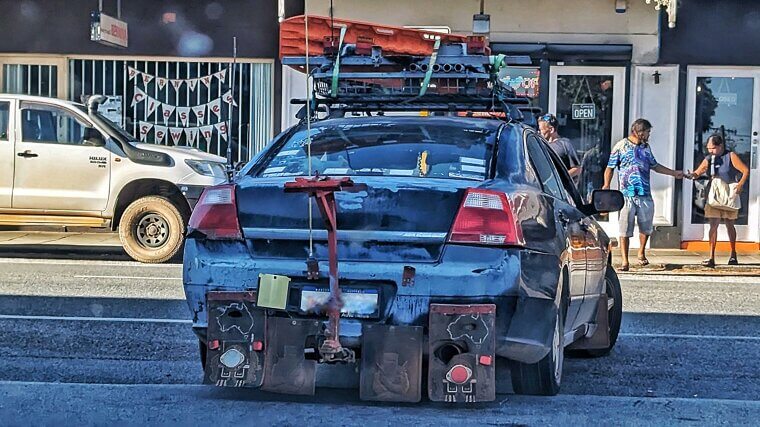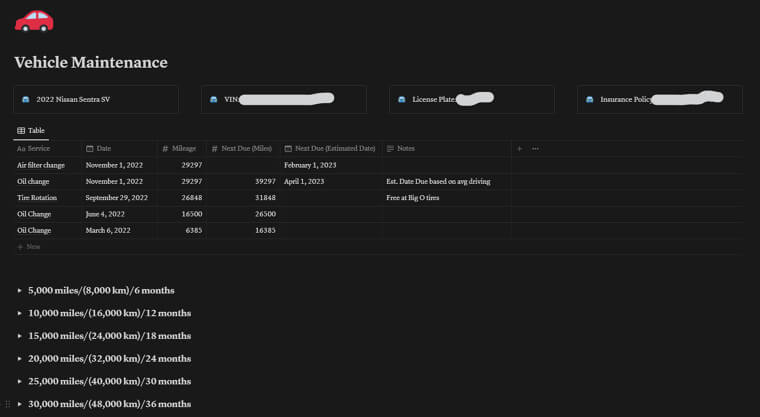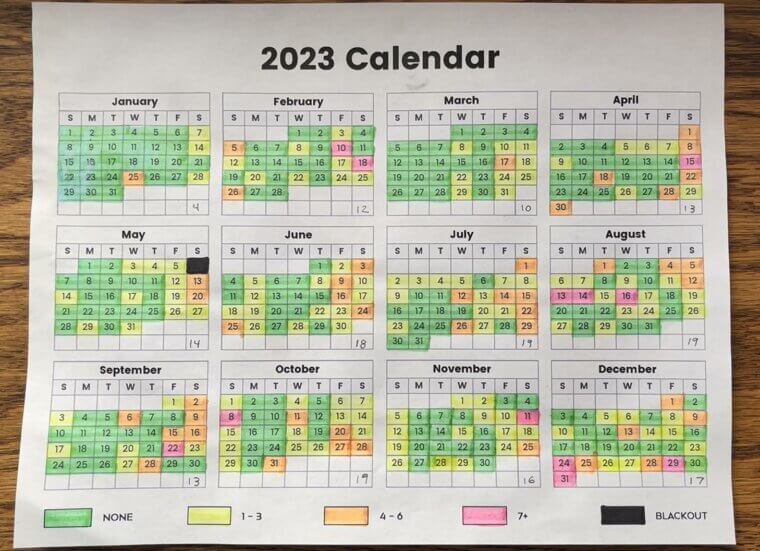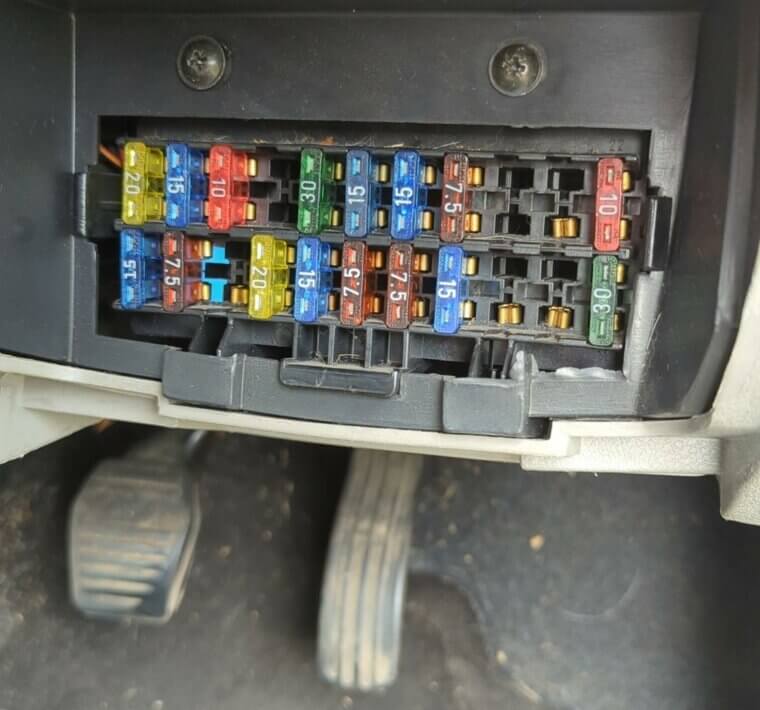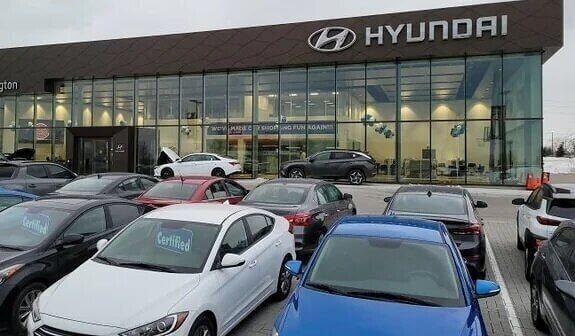There's a Way to Save on Car Maintenance
Owning a car probably comes with more responsibility than you may think, especially if you’re a new driver with their first vehicle. Unfortunately, they just don’t teach proper car care and maintenance like they used to, but these tips for saving on car maintenance aims to correct that.
Change the Oil
Oil is kind of like the lifeblood of your car. Well, that and gasoline, probably. Without it, your engine is essentially running dry and is liable to give out at any moment. That said, there’s no need to pay someone else to do it for you. Buy a bottle of the stuff and learn to do it yourself to save money.
Replace Air Filters
Air filters may not seem like the most important gizmo in your vehicle, but keeping them clean or replacing them as necessary helps to improve your engine’s fuel efficiency and performance. Fortunately, it’s not as complicated as it sounds, and it’s something you could easily get done yourself with a little elbow grease.
Top Up Fluids
Ever been dehydrated? You feel like you’re running on fumes. That’s exactly what happens to your vehicle if its fluids aren’t topped up regularly. These include brake fluid, power steering fluid, and coolant, all of which can be replaced by your hands alone.
Replace Wiper Blades
Wiper blades aren’t technically essential to keeping your car running, but you’ll be glad for their existence when you find yourself driving through the rain. They’ll need a good clean or replacement every now and then, however, which is a task you can do yourself, no sweat.
Change Spark Plugs
Spark plugs are little engine doohickey’s that keep its efficiency in check, while also helping to maintain an agreeable fuel economy. It’s all a bunch of techno-babble to us, but replacing them is at least something you can do quite easily with a little know-how.
Rotate Tires
How long has it been since you changed your tires? Sure, maybe you pump them whenever you get the chance, but without rotating them - that is, switching up their order every now and then - they’re liable to wear out much faster. Get into the habit of swapping your tires out on a schedule.
Replace Cabin Air Filter
Like your engine, the inside of your cabin has an air filter of its own. This gizmo ensures that your vehicle’s HVAC system operates efficiently and also has a big effect on the quality of the air inside your cabin. Learning how to replace this will make a huge difference while driving while also saving you on the bills you would have paid otherwise.
Inspect Belts and Hoses
Your vehicle is made up of innumerable different parts, gizmos, and doohickey’s, some of which include belts and hoses. Learning to identify these and subsequently inspecting or replacing them can save you on repairs.
Clean Battery Terminals
Your vehicle can’t run on gasoline alone. Its battery is what prevents it from randomly dying in the middle of the highway (so don’t leave the lights on). The battery needs a little TLC of its own from time to time, specifically around its terminals which gather corrosive elements.
Check Tire Pressure
Of course, when all is said and done, it’s the obvious things that sometimes trip us up, including underinflated tires. Regularly checking your tire pressure requires minimal effort but has a big payoff, which is allowing you to drive to your heart’s content without breaking down.
Follow a Maintenance Schedule
Now, let’s discuss preventative measures. After all, there’s no need to get your hands dirty if you don’t need to. Part of that means following a strict maintenance schedule, typically one found in the manufacturer’s guide that came with your vehicle.
Drive Smoothly
Saving on repair bills and breakdown fees is sometimes as simple as, well, not driving like a lunatic. Indeed, driving without sudden stops and starts can work wonders in keeping your vehicle’s integrity up.
Avoid Overloading the Vehicle
Your vehicle’s maximum carrying capacity will be specified in the manual, but really, it comes down to common sense as well. Driving an Etios? Maybe don’t try to squeeze your entire extended family into that tiny cabin. Excess weight strains the engine and messes up your suspension.
Park in the Shade
We can all relate to the struggle of trying to find that perfect spot under the tree to park our vehicle. Sometimes it just isn’t available, but that shouldn’t stop you from looking for shade elsewhere. This can prevent unnecessary damage to both your vehicle’s interior and exterior.
Clean Your Car
Yessir, it really is that simple. Regularly cleaning your vehicle (both the interior and exterior) can prevent damage. That means giving it a good wax every now and then and vacuuming the floor mats as needed.
Use Quality Fuel
Not all gas is created equal. You’ve probably seen the different labels on a gas pump before, which typically go something like “econo-fuel”, “mid-range”, and “SUPER MEGA ULTRA DELUXE GASOLINE”. There’s no need to opt for the latter one every time, but we recommend avoiding the econo options.
Check Your Alignment
Indeed, your vehicle may be lawful evil, or worse, chaotic neutral, and - Okay, we don’t mean your vehicle’s moral alignment, but its tires. Simply put, improperly aligned wheels tend to wear the tires out faster and also negatively affect your handling. Fortunately, checking them is something you can do in the comfort of your own garage.
Use AC Sparingly
Blasting your vehicle’s HVAC to keep yourself cool on a hot day may seem like a good idea in the moment, but it can actually have a negative impact on your engine by reducing its efficiency. Maybe crack a window instead next time.
Replace Timing Belt
Your engine’s timing belt is one of the most crucial components for keeping it functioning properly and can be located around the crankshaft and camshaft of your engine. It may sound like quite the ordeal, but replacing this regularly can help prevent your engine from failing - which will be much more costly, indeed.
Monitor Fuel Economy
Have you noticed that the $50 you used to spend on fuel just isn’t taking you as far anymore? Sure, fuel prices go up, but sudden drops in your fuel economy can indicate a serious (see also: expensive) problem, so keep an eye out for it.
Shop for Parts
Sometimes you’ll have to throw your hands up and admit that there are some things you can’t fix by yourself. However, rather than going with the first mechanic you find, don’t be afraid to shop around for parts. Consulting a range of different suppliers can sometimes save you big time.
Use Aftermarket Parts
Following on from our previous point, there’s also no shame in using aftermarket parts if you need to. Quality ones will typically serve you just as well as OEM parts, while costing you significantly less.
Buy in Bulk
Your vehicle fluids - which include oil, coolant, brake fluids, etc. - are all crucial to keeping your vehicle up and running. But rather than buying them as needed, consider buying in bulk. This will cost you significantly more upfront, but will ultimately save you some money in the long run.
Ask Aunty Google
The Internet is a wonderful thing sometimes. You can find guides for everything, from origami to fencing, and that includes vehicle maintenance as well. YouTube, in particular, is great for this sort of thing because you’ll normally be able to find a step-by-step visual guide for the exact problem you may be facing.
Get Some Tools
Dad always had his own box of tools handy whenever he needed it, and there’s no reason you shouldn’t either. Don’t worry about going overboard and buying the whole hardware store. A simple, basic kit is usually all you’ll need for average maintenance tasks.
Use Diagnostic Apps
It’s always that damn phone, isn’t it? Of course, what may seem like a curse of the new generation may be a blessing in disguise since your phone’s app store likely has a few diagnostic programs that can help you track and monitor your vehicle’s performance, alerting you if something may need attention.
Seek Multiple Quotes
If you’ve owned a vehicle for pretty much most of your life at this point, chances are you’ve got a favorite repairman or technician. Don’t be afraid, however, of approaching different repair services for multiple quotes. You may be surprised by how much some places will charge you.
Consider Certified Pre-Owned Parts
Pre-owned parts generally get a bad rap because they lack any sort of credibility, and may cause more problems than they solve. That said, you can find certified pre-owned’s, which are mostly guaranteed to get you what you need at a fraction of the cost of new parts.
Take Advantage of Insurance
Insurance is that thing sold by evil salesmen hoping to screw you out of your paycheck. However, it has its benefits, and it’s a good idea to field multiple policies to find one that offers the most benefits for the least amount of money - and stress.
Avoid Add-Ons
That said, insurance is still a dangerous game, and those salesmen are slick, slimy, and scheming in equal measure. Don’t believe everything they tell you, and avoid falling for the old up-sell treatment.
Maintain a Maintenance Log
Journaling probably isn’t your idea of good car maintenance, but keeping a basic log of every time your vehicle goes in for repairs can help you in the long run, especially if you ever try to sell your vehicle.
Set Reminders for Checks
Remember the manufacturer’s suggested maintenance schedule? Yup, all that goes out the window if you forget the dates your vehicle’s due for a check-up. Fortunately, there are so many ways to keep yourself in the loop these days that, really, there’s no excuse for missing a check-up because you forgot about it.
Keep Spares Handy
Your vehicle probably came with a spare tire at the very least, but it’s not a bad idea to keep other spare parts handy as well, just in case. This includes fuses and bulbs.
Join a Community
Who says information has to come at a price? Online car communities, groups, and forums typically feature plenty of sound advice from fellow car owners, advice that you’d normally have to pay for, though it’s still worth fact-checking the advice you receive.
Check for Recalls
Recalls typically suggest a safety issue or mechanical hazard present in your vehicle. Staying informed about them is not only good for your wallet, but your health as well.

